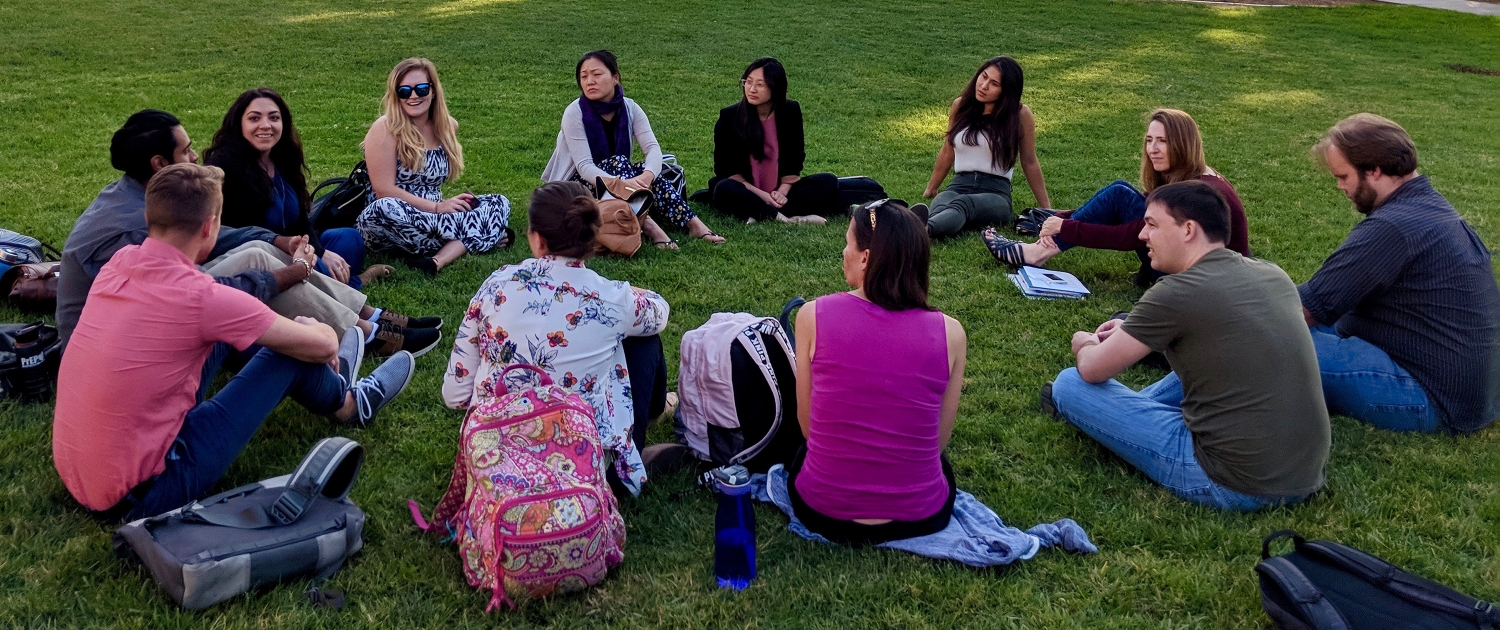The Department of Psychology offers programs leading to the degree of Doctor of Philosophy (Ph.D.) with several areas of specialization.
- Behavioral Neuroscience
- Cognition and Cognitive Neuroscience
- Developmental Psychology
- Social/Personality Psychology
Specialized subfields of study are also available.
- Quantitative Psychology
- Health and Well-Being Psychology
- Diversity and Inclusion Psychology
If you are interested in more than one area of study, we can help you personalize an individual program that combines elements from multiple specialization areas. Although the department does not offer a concentration in Clinical Psychology, many faculty study applied topics such as the promotion of mental and physical health among children, adolescents, and the elderly, as well as prevention, intervention, and well-being science.
What to Expect
The Ph. D program requires approximately five years to complete.
- Years 1-2 focus on developing skills in statistical and research methods, attaining a broad understanding of the field, developing expertise in one or more areas of specialization, and launching a program of research. Students complete the bulk of required coursework during the first two years.
- Years 3-5 are devoted to demonstrations of mastery of the field and specialization area(s) via a qualifying exam in year 3, followed by a dissertation proposal in year 4, and conducting the required research and writing for the doctoral dissertation.
Although the department does not offer a terminal Master’s degree program, most graduate students in psychology will receive the Master’s degree (M.A.) after completing the first two years of course work, a research project, and an oral examination.
Research
All students become involved in research during their first quarter on campus, typically in an ongoing laboratory or field project.
- Students are encouraged to develop and pursue their own research questions at a pace consistent with their developing mastery of methodological skills for independent research.
- The doctoral dissertation is typically an extension of the student’s own research program.
- One of the strengths of the doctoral program at UCR is the very close working relationship that exists between students and faculty. Research teams composed of faculty, graduate students, and undergraduate students often pursue related research questions.
Teaching Experience
Students gain teaching experience by working as teaching assistants for at least three quarters.
- Teaching assistants work with a faculty course instructor in an undergraduate class and assist in examination preparation, reading and grading papers, and conducting discussion and laboratory sections.
- Some students pursue additional opportunities to teach a course (or courses) in the department as the instructor of record.
Financial Support
Typically, graduate students receive financial support for up to five years.
Next Steps and Questions
We encourage prospective students to contact potential faculty mentors with specific questions (see faculty profiles for email contacts).
If you have any further questions, please contact:
Sarah Turnbull – Graduate Student Advisor
951-827-6306
saraht@ucr.edu
Tuppett M. Yates, Ph.D. – Faculty Graduate Admissions Advisor (Prospective Students)
tuppett@ucr.edu


 900 University Ave.
900 University Ave.